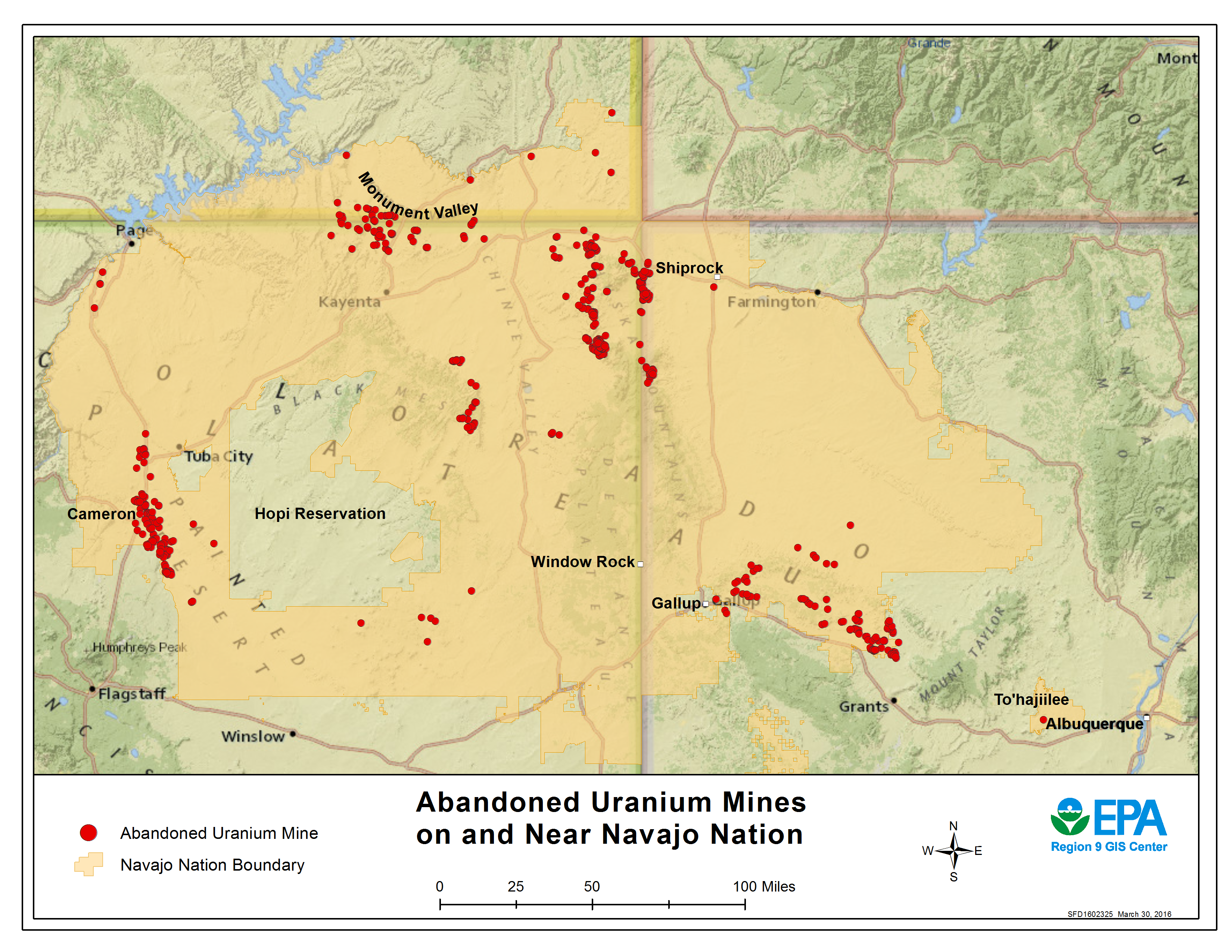Peaky Blinders is a fictional TV series which is based off of the real Peaky Blinders gang from Birmingham in the early 20th century. It follows the life of the gangster Tommy Shelby and his family as they attempt to build and defend the Peaky Blinders’ empire during the aftermath of the first world war. Although much of the plot of the show is “stylish depictions of gangsterism” there is a lot of insight into the relationships between people of different cultural identities during this time.

Focusing on season two of the series, there is a lot of interaction between the Peaky Blinders and Jewish and Italian gangs in London. The Shelby family identifies as Romani, which is an ethnic minority in Europe which have faced discrimination and persecution for centuries. The relationship between the Peaky Blinders and the Jewish and Italian gangs is described when one of the leaders announces “Peace between the Jews and the Italians…and war, against the Gypsies.” This defines how the three groups view each other and shows the distinct ‘othering’ that occurs between the cultures.

Another element of this season which shows how the characters view each other’s identities is the level of pride that they each show for their own cultures. While the leader of the Italian gang and the Jewish gang tend to be prideful about their identities, they often talk down on Tommy and his family, and he tends to avoid discussing his cultural identity. For example, the Jewish gang leader says to Tommy in episode two “I’ve heard very bad, bad, bad things about you Birmingham people… you’re gypsies right?…what do you live in then…a tent or a caravan?” Tommy then dismisses this comment and changes the subject to business matters. He feels like the ‘other’ around these groups and does not express pride for his Romani roots. Throughout the season the Peaky Blinders’ enemies tend to insult Romani people, trying to make them feel like the inferior minority group, establishing strong power dynamics amongst the various gangs.
